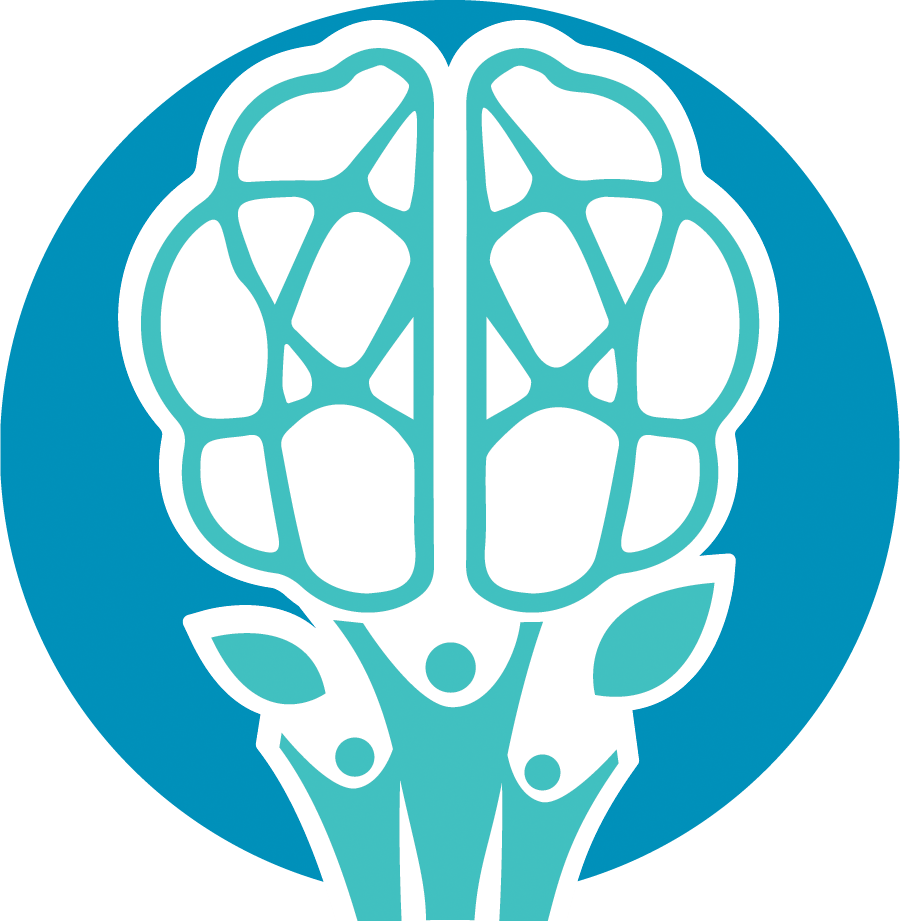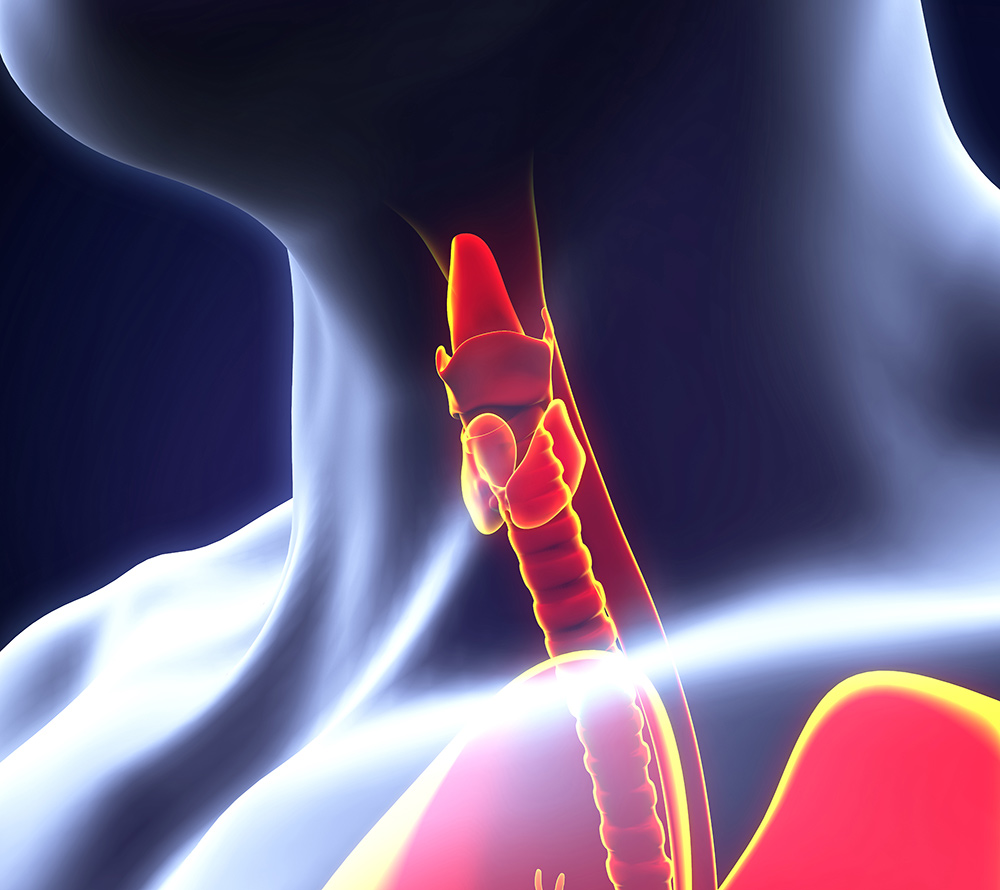Thyroid Disease

To gluten or not to gluten, that is the question
January 5, 2015
A Little Bit About Insurance
January 6, 2015If you’re overweight and tired you’ve probably suspected that it’s your thyroid. It’s just one of those things. In fact I have worked with more than a few patients that were excited when I told them they had problems with their thyroid. It was such a relief to know there was a reason for all their struggles.
The thyroid is a gland in the front of your neck that’s pretty much the gas pedal for the whole body. The hormones that are made in the thyroid tell all the other parts of the body to do their jobs. So when the thyroid is working right your body burns calories doing all the things it should: growing, healing, moving, staying alert and warm. When it is working too slow (hypothyroidism) we feel tired, depressed, constipated, can’t lose weight, our skin gets dry and our hair starts falling out. The opposite happens when the thyroid is working too fast (hyperthyroidism), we get agitated, jittery, we have heart palpitations, can’t sleep and have night sweats.
Either way thyroid disease is serious and may require medication or surgery to control it. Hypothyroidism is more common and in the US the vast majority of it is caused by an auto-immune condition called Hashimoto’s Disease. In Hashimoto’s your body’s own immune system attacks your thyroid gland causing it to not produce as much thyroid hormone and everything slows down. A trip to your doctor would usually include a test for TSH (thyroid stimulating hormone) which is made in the brain and is supposed to get the thyroid to make more thyroid hormone. If your doctor finds it high he or she may prescribe medicine to replace the thyroid hormone that is not being made.
Sadly this is where the story usually ends. Some patients do fine and this solves the problem, but for many the symptoms don’t go away or come back after a while. To continue to improve your health it is important to make sure you are treating the reason the thyroid is being damaged in the first place. The truth is that hypothyroidism is more complicated than just measuring TSH and prescribing medicine. The best thing to do is to take a careful look at what happens to thyroid hormone after it is made, in the liver, in the brain, and for most patients to get the immune system back under control to help prevent the situation from getting worse.
If you suspect that your thyroid gland is not working correctly talk to a doctor who can thoroughly evaluate the complex web of problems that contribute to the way you are feeling and give you a plan that gets you back on track to optimum health.



